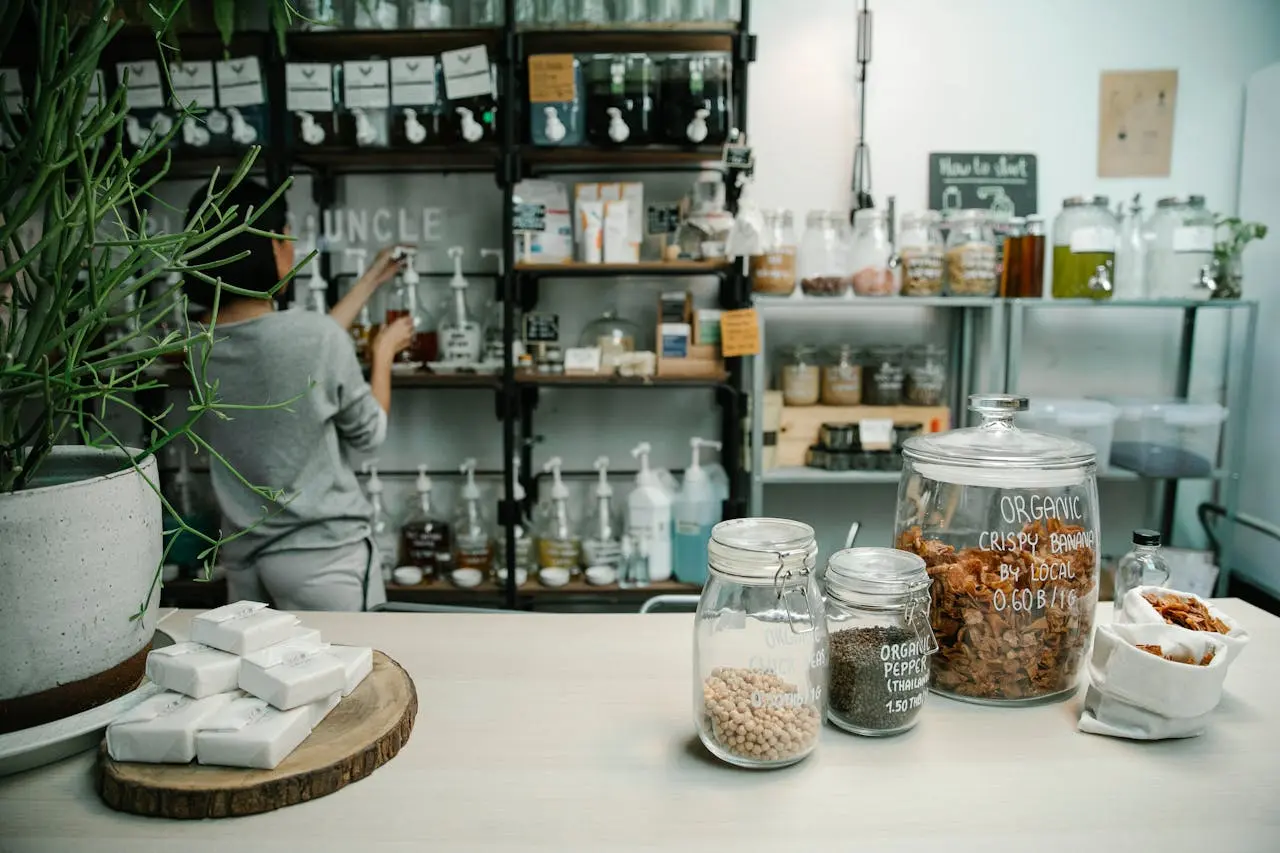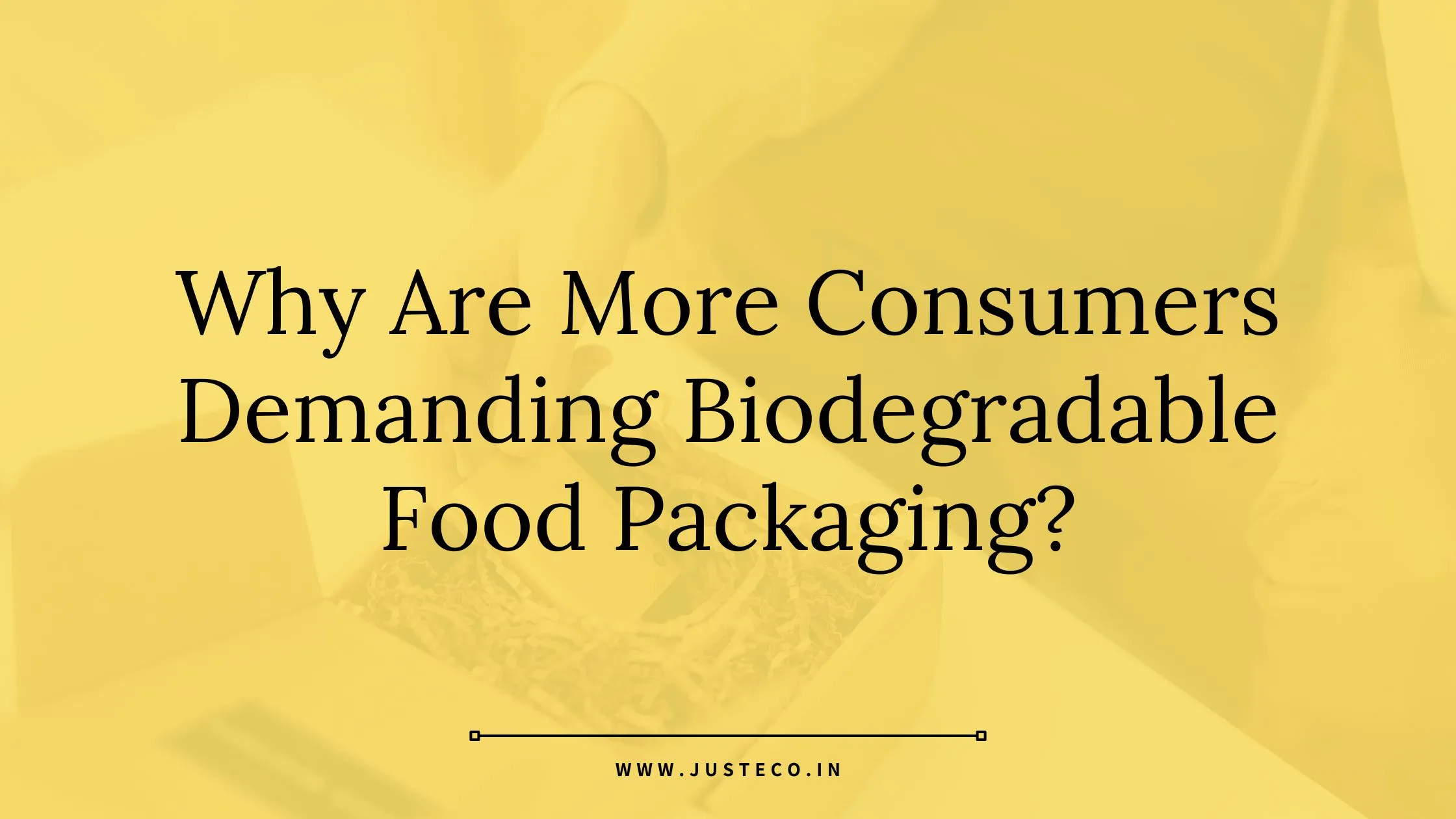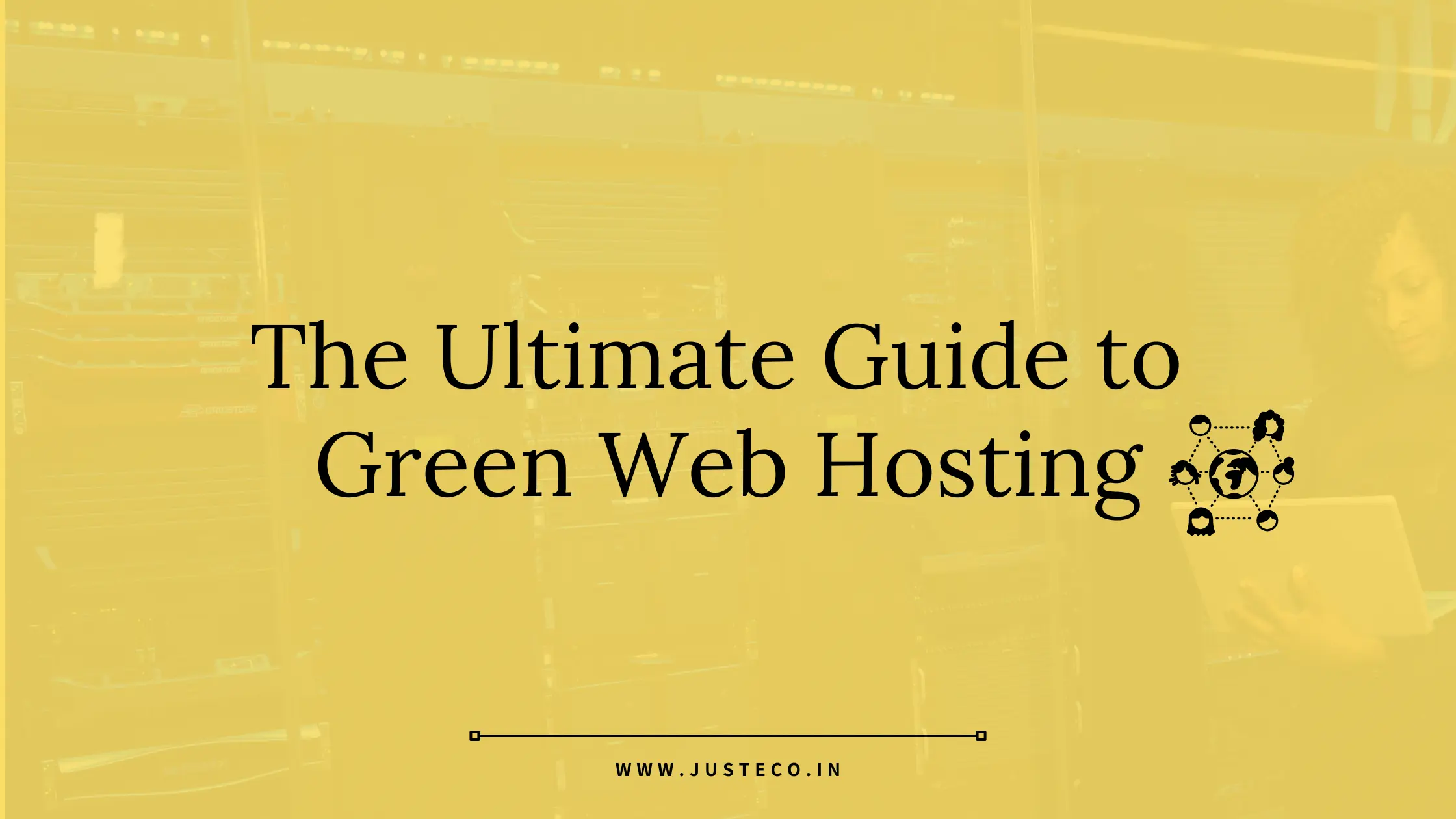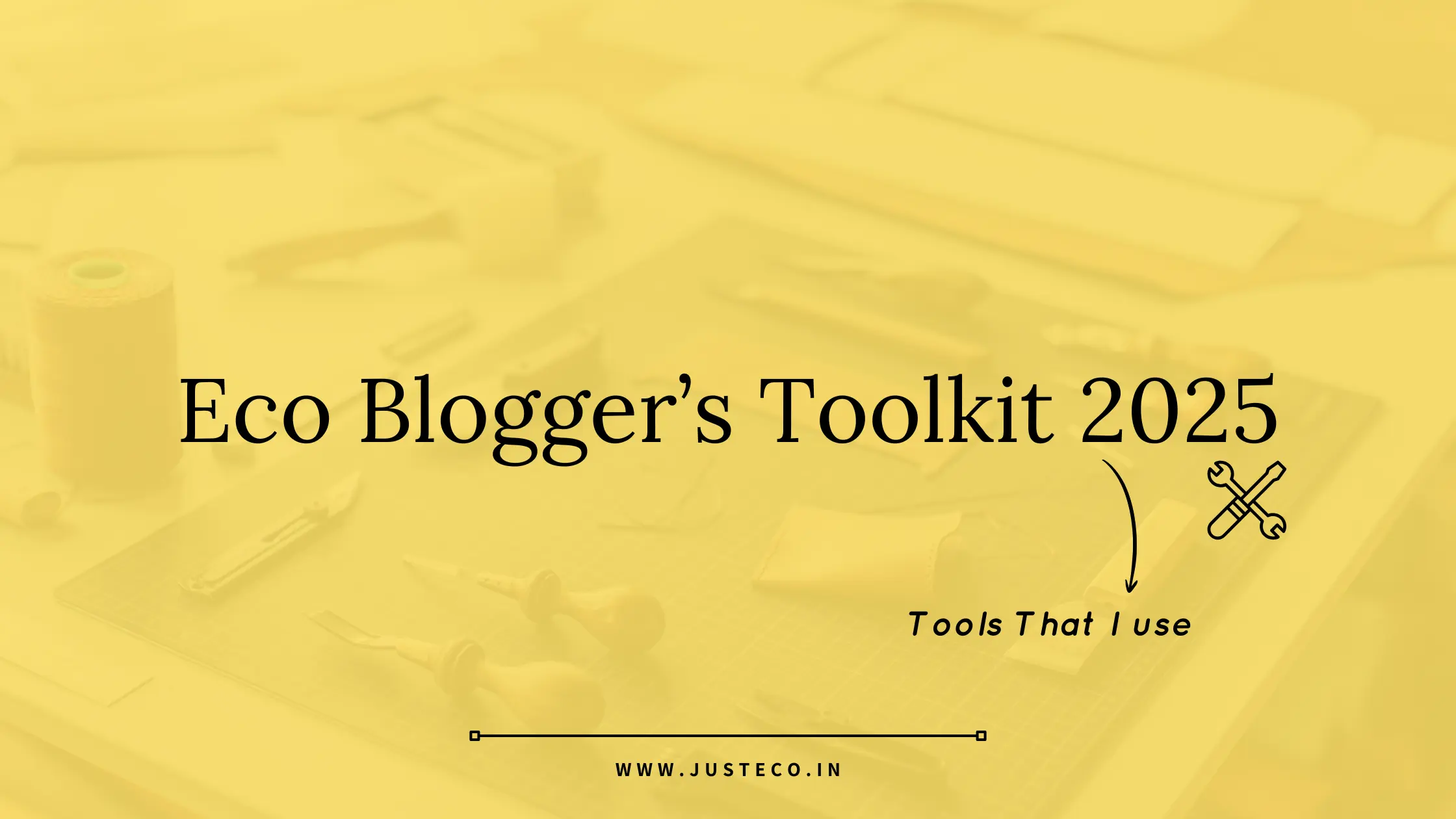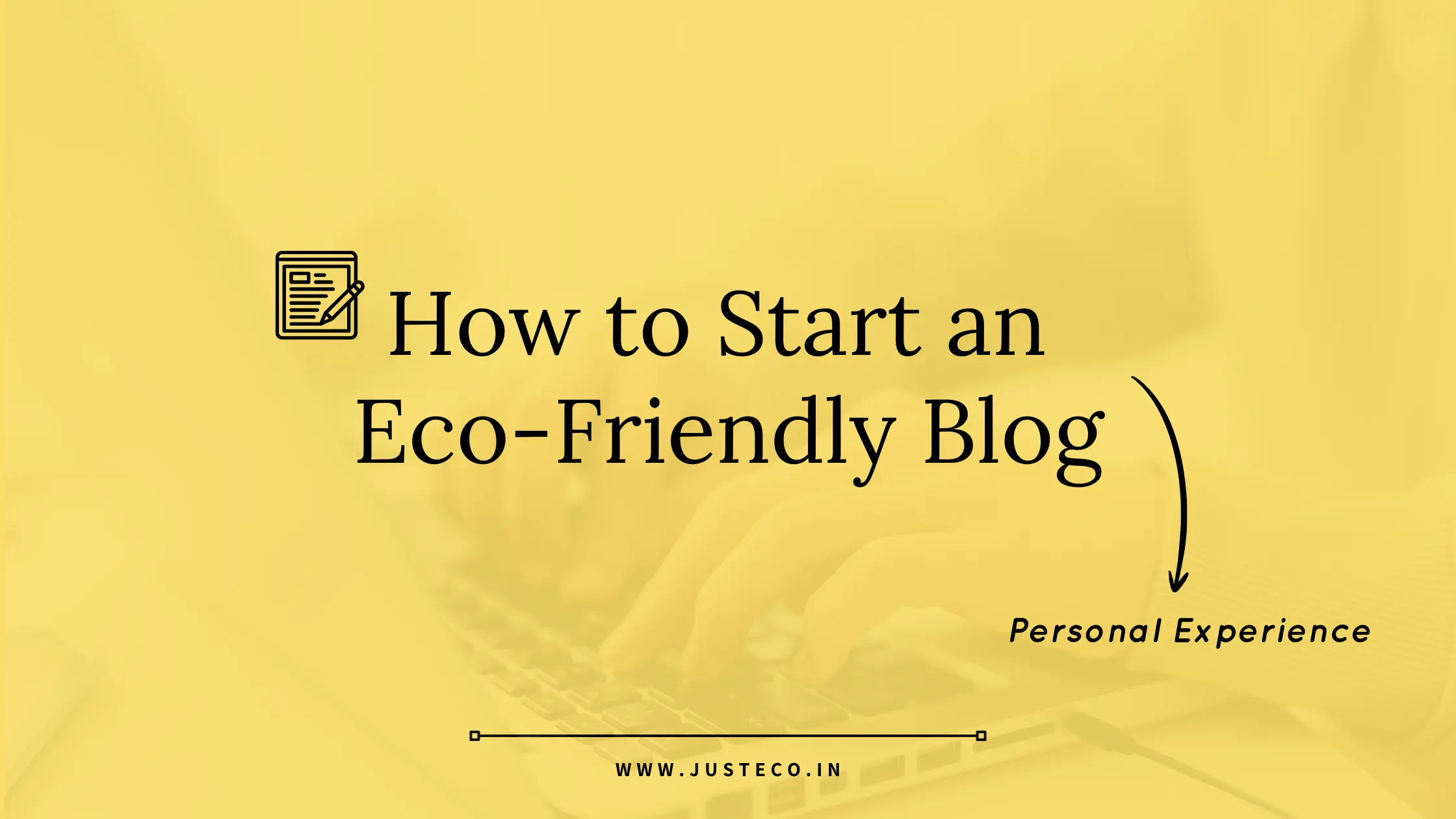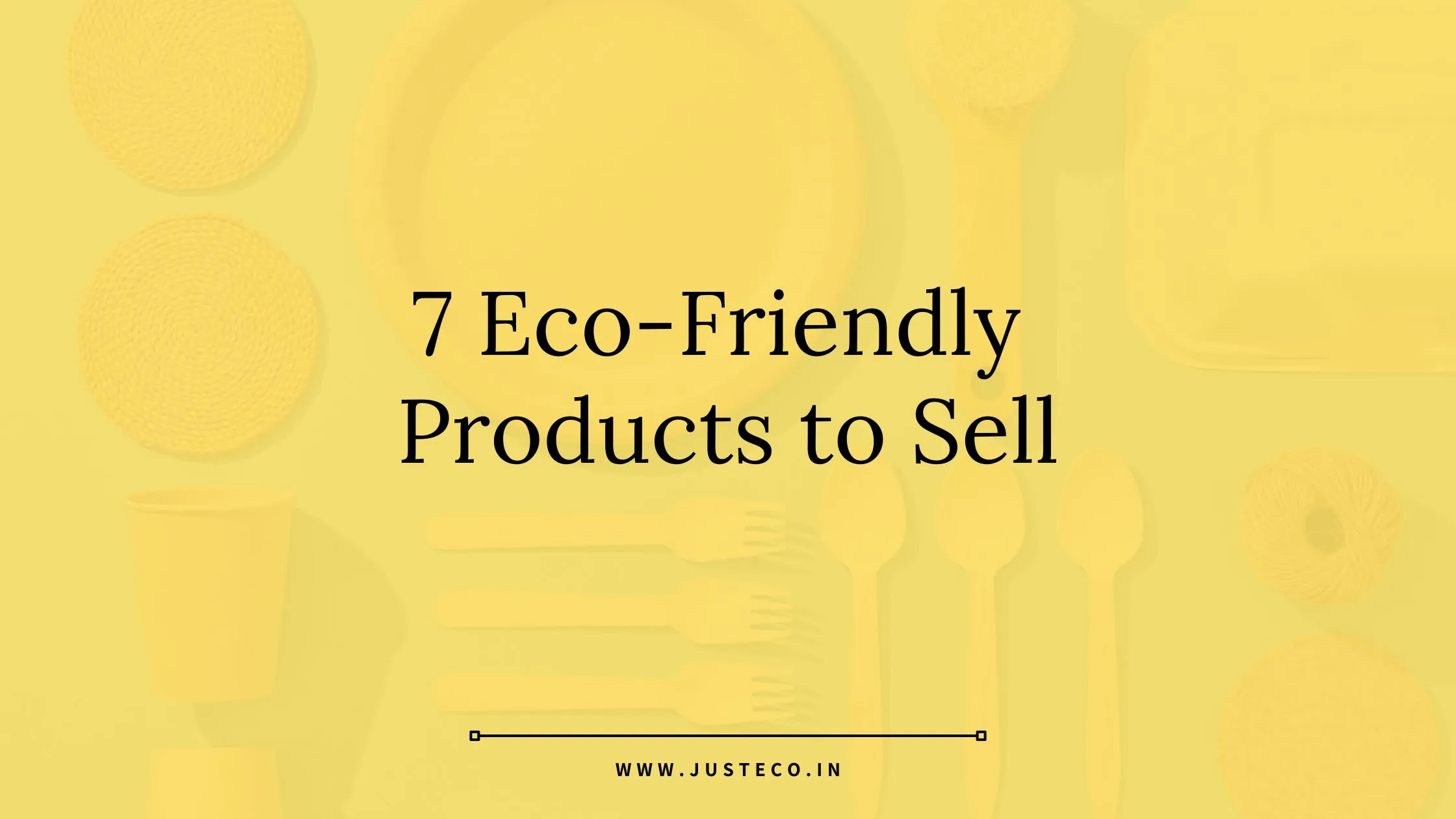Everybody wants to have a good space for a garden at their house, and we all want to maintain a green garden at all possibilities. However, in this passion, many people use synthetic methods and chemicals to have a healthy and greenery garden. But these methods will have a substantial impact on the environment around us.
Chemicals used in synthetic fertilizers or pesticides harm the soil, plant, and air. Not only this, but if the person smells it, it will affect the respiratory tract. That’s why we should use natural fertilizers and organic pesticides. It is always essential to use eco-friendly products and sustainable gardening tips to have a healthy garden and environment without pollution.
Table of Contents
ToggleWhat Is Eco-Friendly Sustainable Gardening?
Gardening, which involves only eco-friendly and sustainable methods, can be called eco-friendly sustainable gardening.
Eco-friendly means following ways that are suitable for nature and don’t adversely affect the environment. And sustainable gardening involves methods that can reduce the impact that we humans have on the earth. Generally, sustainable strategies are primarily eco-friendly.
Why Should We Use Sustainable, Eco-Friendly Gardening Tips?
Sustainable gardening may appear stressful, time-consuming, and complicated to the average home gardener. Using sustainable gardening methods, however, does not have to be complicated. These are essential and easy approaches for everyone to implement. Let us look at some reasons to follow sustainable, eco-friendly gardening tips.
- As the name suggests, following these tips will help protect the environment around us.
- These tips mainly involve recycled and reused items and products so there will be less wastage.
- As these tips suggest organic products, no chemicals will be involved. Less or no chemicals means a more hygienic environment.
- Our garden soil will be healthy without synthetic fertilizers or pesticides.
- You can get healthy fruits and vegetables while following sustainable gardening tips.
- Your health and your family’s health would improve after having fruits and vegetables cultivated through eco-friendly, sustainable gardening methods.
Seven Best Eco-Friendly Sustainable Gardening Tips
It takes time and effort to transform your garden into an eco-friendly, pollinator-friendly area. Nothing happens quickly. It’s preferable to pick a small number of gardening habits to alter and concentrate on those for the first year. The following year, you can work on additional strategies, and eventually, you’ll have a stunning, sustainably grown garden with all the benefits that go along with it. Let us look at a few eco-friendly, sustainable gardening tips.
1. Create organic compost:
It’s simple to start a compost pile, and the benefits are endless. It is among the simplest methods for supplying soil with nutrients. With a compost pile, waste may become wealthy. Composting is an excellent natural method for home gardeners to produce nutrient-rich fertilizer while reducing or eliminating the need for chemical fertilizers.
You can use kitchen scraps such as leftover food, vegetable or fruit peels, and garden wastage like grass or leaves along with garden soil to make compost. Create compost on compost bins and use it as a natural fertilizer for the plants. If you are growing fruits and vegetables, this natural compost will give the best taste to the grown-up fruit or vegetable.
2. Stop using chemicals:
Chemicals are not at all involved in eco-friendly methods. Chemicals that combat pests or unhealthy plants can pollute streams and other water sources. Chemical-free gardening is the most acceptable kind, and building a sustainable garden depends on it. Agricultural chemicals have a history of destroying pollinators, upsetting and eradicating insects – helpful insects and pests – and dramatically changing the garden’s nutrient composition. Nowadays, many businesses and start-ups offer chemical fertilizers and pesticides.
3. Plant native plants:
When you want to plant in your garden, always prefer native plants. As they are used to growing in that environment, they quickly get their lives and grow well. They don’t require special care as they are adapted to that nature, and water consumption will be less. You can know which plant suits your area from the local gardeners or nursery shops.
4. Water conservation:
Utilizing water wisely is crucial because it is a finite resource. Our supply of water does have a limitation. Using less water is vital because we use clean, drinkable water when watering the garden from taps or water lines. Additionally, it is expensive, particularly in regions with little rainfall. Rain barrel collection preserves our drinkable water supply and gives our veggie plants’ free’ hydration.
Drizzle irrigation is also strongly advised because it uses less water than other conventional spray watering methods, which waste a lot of water through evaporation and oversaturation.
5. Use eco-friendly lawn mover:
We all agree that those gas-powered lawn mowers are excellent. They work well and are pretty simple to use. They are not suitable for the environment, though. If you have the physical capacity, try using an electric or hand-push mower. There are lawn mowing options that are more environmentally friendly. Additionally, giving up your gas-powered lawn mower will get you some great workouts during the summer.
6. Use the crop rotation method:
Vegetables grow more sensitive to pests and illnesses when planted in the same region of the garden year after year. This is because bugs and bacteria will spend the winter under the earth, waiting for an opportunity. Although crop rotation doesn’t completely solve these issues, it dramatically reduces infestations since pests must work harder to obtain the desired plants.
7. Mulching:
This is the best tip for eco-friendly, sustainable gardening. Mulch your vegetable garden with sawdust, woodchips, grass clippings, straw, or cut-up leaves, and you’ll benefit for years. You can use creative recycle bins to collect these. It is highly sustainable because it uses yard trash. Those materials will not wind up in a landfill, and you will also save a lot of money.
Adding mulch may prevent the garden from drying up and use less water. Additionally, it helps prevent weed growth, which is usually a significant advantage! Mulch is applied to the ground to reduce ground temperature, improving your food plants’ growing conditions. Mulch also returns nutrients to the soil as it decomposes, keeps dirt from compacting and making planting harder, and prevents erosion.
Conclusion
For the sake of our planet’s future, it is essential to live a sustainable lifestyle and practice sustainable gardening, which begins with the simple techniques we employ daily to grow food. If you can’t do it all at once or if you find it challenging to implement any of the advice, don’t worry. Every effort you put forth is valuable. The learning process involves trial and error. These sustainable gardening tips can assist you in starting on this incredible journey. Together, we can make the earth a beautiful and sustainable place for future generations.



